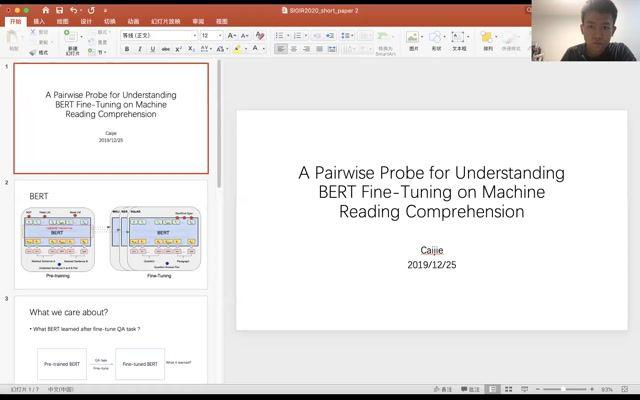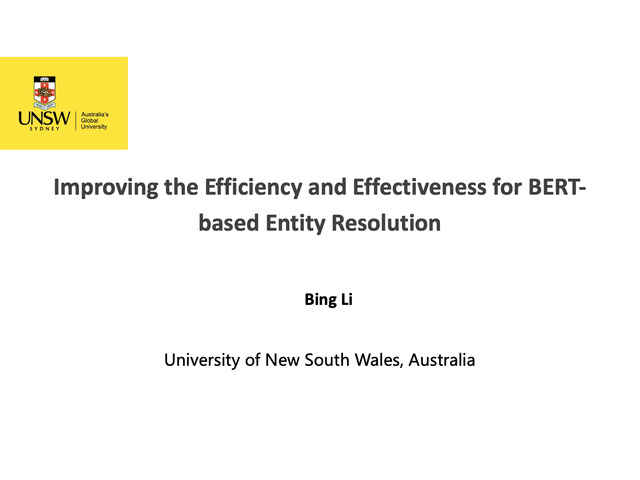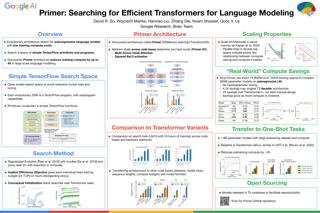Abstract:
State-of-the-art performance on language understanding tasks is now achieved with increasingly large networks; the current record holder has billions of parameters. Given a language model pre-trained on massive unlabeled text corpora, only very light supervised fine-tuning is needed to learn a task: the number of fine-tuning steps is typically five orders of magnitude lower than the total parameter count. Does this mean that fine-tuning only introduces \emph{small} differences from the pre-trained model in the parameter space? If so, can one avoid storing and computing an entire model for each task? In this work, we address these questions by using Bidirectional Encoder Representations from Transformers (BERT) as an example. As expected, we find that the fine-tuned models are close in parameter space to the pre-trained one, with the closeness varying from layer to layer. We show that it suffices to fine-tune only the most critical layers. Further, we find that there are surprisingly many \emph{good} solutions in the set of sparsified versions of the pre-trained model. As a result, fine-tuning of huge language models can be achieved by simply setting a certain number of entries in certain layers of the pre-trained parameters to zero, saving both task-specific parameter storage and computational cost.









































